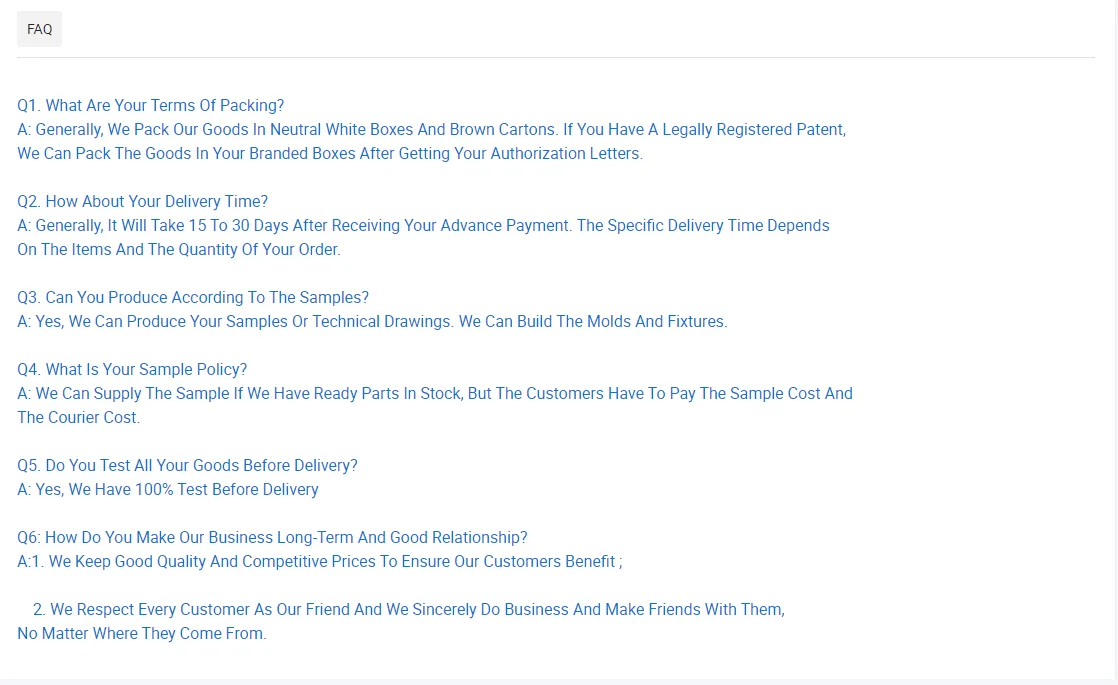The Versatility and Applications of 3mm Perforated Sheets
In modern engineering and design, materials play a crucial role in determining the functionality and aesthetics of various projects. One such versatile material that has gained significant popularity is the 3mm perforated sheet. These sheets, characterized by their uniform holes and robust structure, have a wide range of applications across different industries.
What is a 3mm Perforated Sheet?
A 3mm perforated sheet is a metal sheet that has been subjected to a perforation process, creating an array of holes in a specific pattern, while maintaining a thickness of 3mm. Usually constructed from materials like stainless steel, aluminum, or mild steel, these sheets combine strength, durability, and lightweight characteristics. The perforations can vary in size, shape, and spacing, allowing for customization to meet specific design or functional requirements.
Architectural Applications
In architecture, 3mm perforated sheets are frequently used for both aesthetic and practical purposes. They can be utilized in facades, sunscreens, and railings. The perforations provide an interesting design element while allowing natural light to penetrate. This feature not only reduces the reliance on artificial lighting but also enhances the interior ambiance by creating patterns of light and shadow. Architects appreciate the versatility of perforated sheets since they can be easily integrated into various styles—from modern to traditional.
Industrial Uses
The industrial sector significantly benefits from the use of 3mm perforated sheets. These sheets are essential components in filtration systems, where they serve to separate particles from liquids or gases while maintaining airflow and fluid dynamics. Whether employed in wastewater treatment plants, HVAC systems, or even in chemical processing, the efficacy of perforated sheets in filtration applications is evident. Their durability ensures long-lasting performance, making them a logical choice for industries that require robust materials.
3mm perforated sheet

Additionally, in machinery and equipment, 3mm perforated sheets can serve as protective screens or guards, preventing debris from interfering with moving parts while allowing airflow to cool the machinery. This not only enhances safety but also improves operational efficiency, reducing the risk of overheating.
Acoustic Solutions
Another significant advantage of 3mm perforated sheets is their ability to enhance acoustic performance. These sheets can be integrated into soundproofing solutions for walls, ceilings, or floors. The holes allow sound waves to penetrate and dissipate, effectively reducing noise levels in residential, commercial, and industrial spaces. This feature is particularly beneficial in areas where noise pollution is a concern, such as recording studios, concert halls, or busy workplaces.
Customization and Design Flexibility
One of the most significant benefits of using 3mm perforated sheets is the extensive customization options available. Designers can choose various hole patterns, sizes, and materials, enabling them to achieve the desired functional and aesthetic outcomes. This flexibility makes it easy to create unique designs that cater to specific applications while maintaining structural integrity.
Additionally, perforated sheets can be finished in various ways—such as powder coating or anodizing—to enhance their appearance and resistance to environmental factors. This means that the sheets can be tailored to specific projects, offering both functionality and visual appeal.
Conclusion
The 3mm perforated sheet stands as a testament to the innovative materials available in today’s marketplace. Its applications across architecture, industry, and acoustics showcase its versatility and importance in various fields. Whether used for aesthetic enhancements in buildings, efficient filtration in industrial applications, or soundproofing solutions, 3mm perforated sheets offer a blend of strength, durability, and design flexibility. As industries continue to evolve, the demand for such multifunctional materials is likely to grow, pointing to the enduring relevance of perforated sheets in future projects. By choosing the right perforated sheet, designers and engineers can ensure that their projects meet both practical needs and aesthetic goals, thus contributing to a more functional and visually striking environment.
-
Why Galvanized Trench Cover Steel Grating Resists Corrosion
NewsJul.10,2025
-
The Versatility and Strength of Stainless Expanded Metal Mesh
NewsJul.10,2025
-
Load Calculations in Steel Grating Platforms
NewsJul.10,2025
-
Keeping Pets and Kids Safe with Chicken Wire Deck Railing
NewsJul.10,2025
-
Hole Diameter and Pitch for Round Perforated Metal Sheets
NewsJul.10,2025
-
Aluminium Diamond Mesh in Modern Architecture
NewsJul.10,2025
Subscribe now!
Stay up to date with the latest on Fry Steeland industry news.

